Videos
Speakers
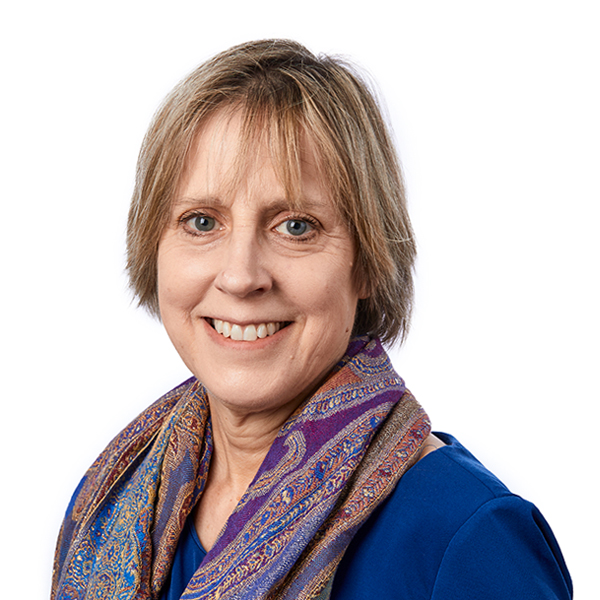
Sondra Crosby
@sondracrosby16
Associate Professor of Health Law, Ethics & Human Rights, Boston University School of Public Health
Sondra Crosby, MD is a medical doctor and Professor of Medicine at Boston University, specializing in internal medicine. She is also a faculty member of the Health Law, Bioethics, and Human Rights department at the Boston University School of Public Health.
Dr. Crosby is notable for being one of the first doctors allowed to travel to Guantanamo to independently examine Guantanamo captives. She is also notable for serving as the director of medical care at the Boston Center for Refugee Health and Human Rights. She examined over 300 torture victims at the Center.
Dr. Crosby is one of the authors of Broken Laws, Broken Lives: Medical Evidence of Torture by the US, published by Physicians for Human Rights. According to Physicians for Human Rights, Dr. Crosby has “written over 200 affidavits documenting medical and psychological sequelae of torture.”
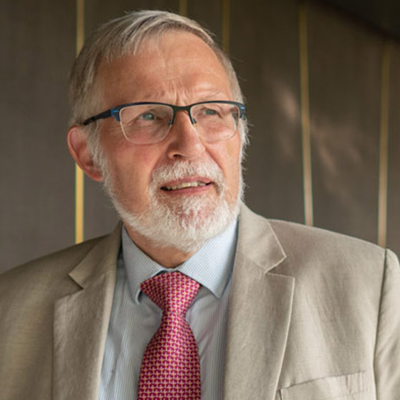
Eskild Petersen
@AarhusUni_int
Professor Emeritus, Infectious Diseases, Institute for Clinical Medicine, Aarhus University, Denmark
Professor Eskild Petersen is a Professor Emeritus of Infectious Diseases, Institute for Clinical Medicine, Faculty of Health Science, Aarhus University, Denmark. He chairs the ESCMID Emerging Infections Task Force, Basel, Switzerland. Professor Petersen is internationally renowned for his extensive contributions to global health, therapeutic drug monitoring, multi-drug resistant infections, implant associated infections, travel medicine and emerging infections.
Professor Petersen graduated in 1978 from Medical School, University of Aarhus, Denmark; 1980 Diploma in Tropical Medicine and Hygiene, University of Liverpool; 1985 Specialist Degree in Infectious Diseases; 1988 Specialist Degree in Tropical Medicine; 2002 Master of Business Administration, Copenhagen Business School; 2005 DMSc., Karolinska Institute, Stockholm, Sweden. He served six years on the board of the ESCMID Study Group on Migration and Travel Medicine, lecturing on immunizations in pregnancy on several ESCMID workshops. Professor Petersen retired from clinical service in June 2020.
He is Editor-in-Chief of the International Journal of Infectious Diseases since 2012. Associate editor of Travel Medicine and Infectious Diseases. 2010-2018, on the Editorial board of Journal of Clinical Microbiology, American Association of Clinical Microbiology. 2011–2012 Editorial board, Expert Review of Anti-Infective Therapy. 2011 – 2012. 1999 – Co-Editor (Moderator) on parasitic diseases. ProMED (www.promedmail.org). Professor Petersen has published over 350 original papers in peer reviewed journals with an H-index of 53. He has edited several textbooks, including the popular textbooks “Infectious Disease: a Geographic Guide”.
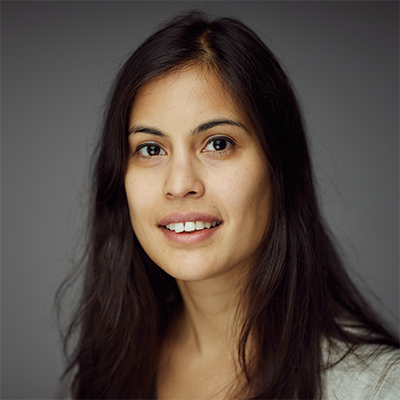
Samantha Vanderslott
@SJVanders
University Research Lecturer at Oxford Vaccine Group, University of Oxford
Samantha Vanderslott is a University Research Lecturer at the Oxford Vaccine Group at the University of Oxford working on health, society, and policy topics. Her current projects are about: policies for neglected tropical diseases; outbreak response; a history of typhoid fever; and attitudes to vaccines. She draws on perspectives from sociology, anthropology, history, global health, and science and technology studies (STS).
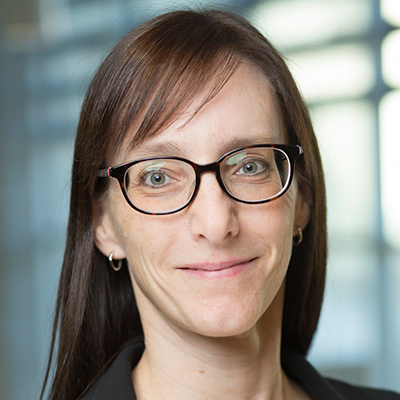
Barbara Von Tigerstrom
@UsaskLaw
Professor, College of Law, University of Saskatchewan
Barbara von Tigerstrom is a Professor at the University of Saskatchewan College of Law, where she has been a member of faculty since 2005, after working at the University of Alberta Health Law Institute and the University of Canterbury School of Law. She holds a law degree from the University of Toronto and Ph.D. in law from the University of Cambridge. She has received several awards for excellence in teaching and research, and research grants from the Canadian Institutes of Health Research (CIHR) and the Stem Cell Network, among others.
Dr. von Tigerstrom’s main areas of teaching and research are health law and policy, information and privacy law, and tort law. Her work in public health examines domestic and international legal issues relating to both infectious and non-communicable diseases. Since March 2020 she has been engaged in a research project funded by the CIHR on the International Health Regulations (IHR) and COVID-19 (with Principal Investigator Dr. Kumanan Wilson and others), with her work focusing on travel restrictions and the IHR.
In addition to her teaching and research, Dr. von Tigerstrom contributes her expertise to University and external committees including the University of Saskatchewan Biomedical Research Ethics Board and the Law Reform Commission of Saskatchewan.
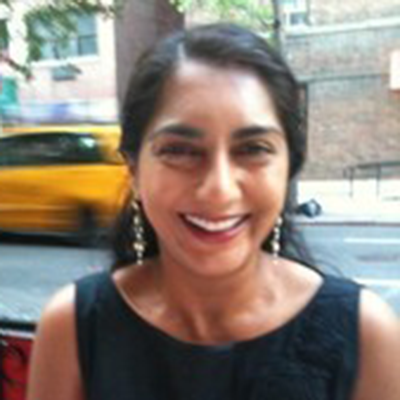
Sharmila Devi
@SharmilaDevi2
Writer and Editor
Sharmila Devi is a writer and editor with more than 25 years’ experience working for international agencies, newspapers and consultancies.
She was a correspondent in the Middle East and Africa, including more than five years as the Jerusalem correspondent for the Financial Times during the second intifada, and has reported developments in politics, economics, global health and climate change.
She also worked in New York as correspondent for the UAE-based National newspaper and in Iraqi Kurdistan as a correspondent for the English-language service of the local media network Rudaw during the conflict with ISIS.
She writes and edits major reports for NGOs such as Unicef and for political risk consultancies about politics and global health.
She is a long-standing contributor to the world report pages of The Lancet, writing about global health issues, conflict and humanitarian crises. She covered the COVID-19’s impact around the world, including how travel restrictions hampered the global response to the pandemic.
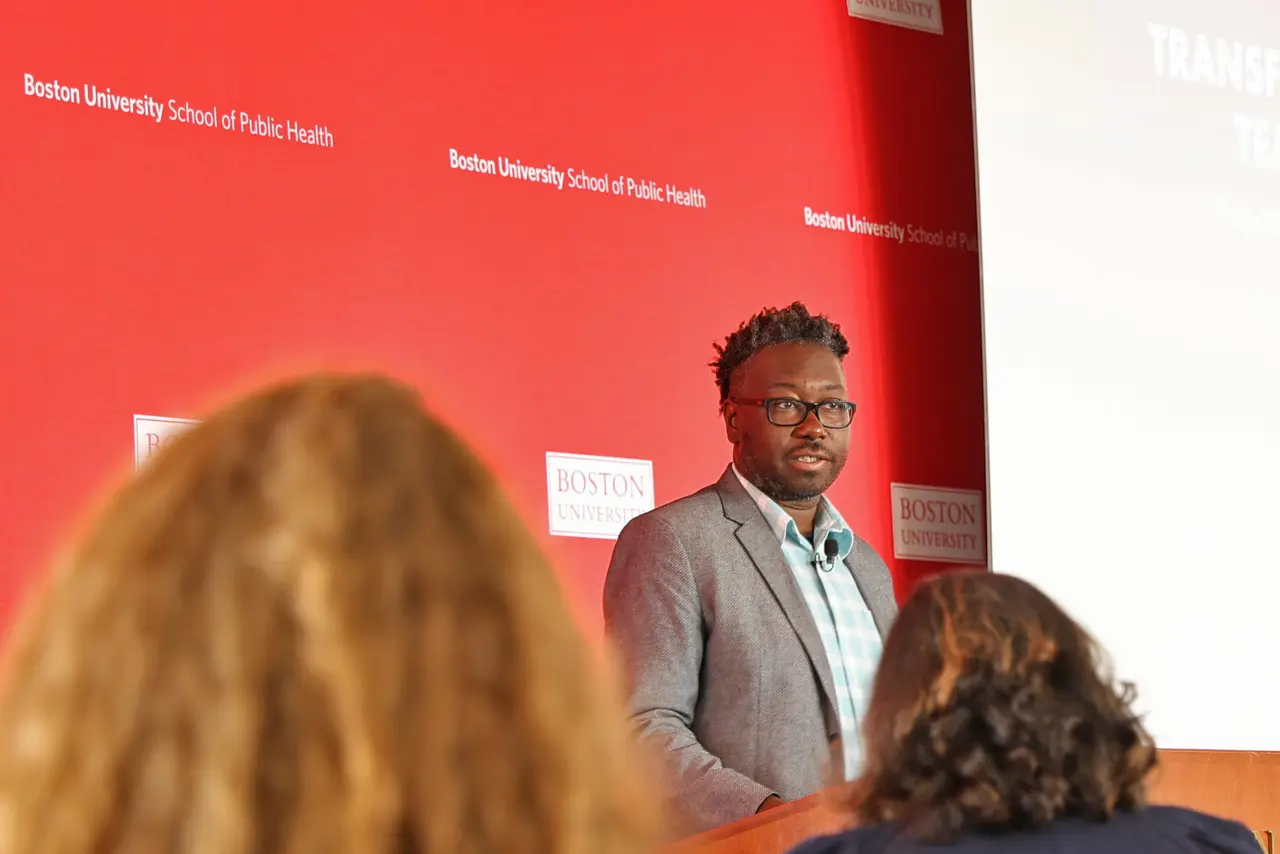
Subscribe to PHC
Get the latest from Boston University School of Public Health



